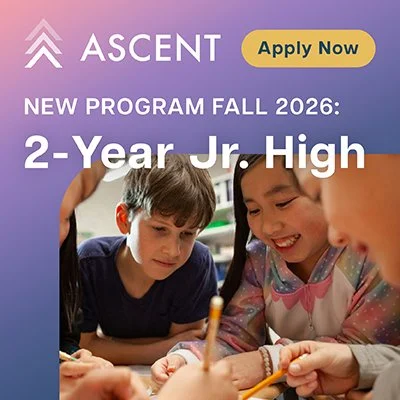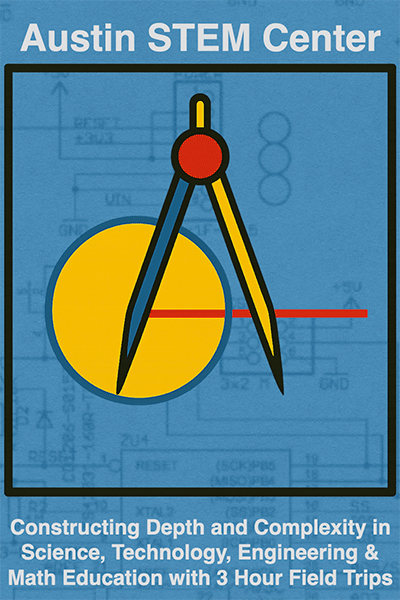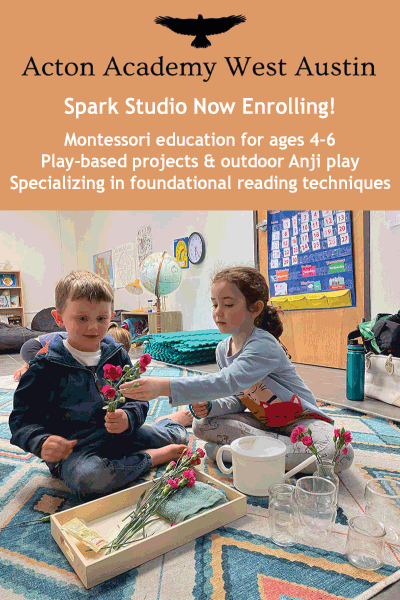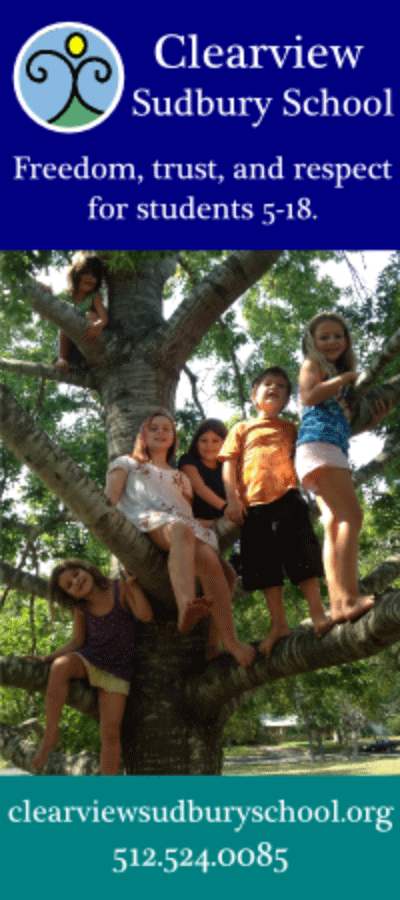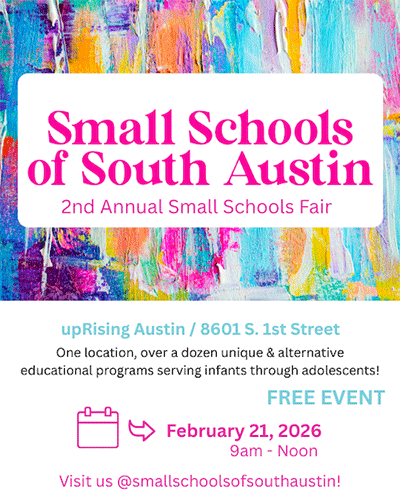Making student voices matter at SXSWedu
/
I spent much of last week at SXSWedu immersed in presentations, panels, workshops, films, and informal discussions about education. For me, the most exciting part of the conference was The State and Future of Student Rights, a summit organized by the student-run nonprofit Student Voice. According to the organization’s founder and executive director, Zak Malamed, the summit was “responsible for increasing SXSWedu student attendance by more than tenfold!”
Over the course of the first two days of the conference, students, teachers, and education influencers came together in a large meeting room (and in many informal conversations beyond) to find solutions to what many perceive as an unjust situation for those at the center of U.S. education systems. With more than six hours of programming and two days of discussion, the summit was the first national effort to bring the issue of student rights to the forefront at a major education conference. Its central focus was the creation of a Student Bill of Rights, which is now ready for viewing, voting, commenting, and amending.
The summit began with The Right to Be Heard, a panel discussion on the current legal landscape for free speech on campuses and how students can exercise their right to be heard. Moderated by Kyle Scott, an NBC News associate producer and Cornell alumnus, the panel included Dawnya Johnson, a student leader and advocate in Baltimore; Frank LoMonte, executive director of the Student Press Law Center; Dr. Dallas Dance, superintendent of Baltimore County Public Schools, where students enjoy an unusual level of input into policymaking; Keaton Wadzinski, co-developer of Student Voice in Action at Student Voice and a University of Virginia student; and Tara Subramaniam, director of Student Voice Live! events and a high school senior. LoMonte pointed out that students are a group that has not benefited from the general human rights movement that has seen so many gains in recent decades.
Another panel addressed The Right to Technology. Participants asserted that all students are entitled to technology and broadband Internet access and should have a say in decisions regarding the adoption and implementation of new technologies for their academic institutions. Guided by moderator Erik Martin, chief editor of the Student Bill of Rights and a University of Maryland student, they discussed equity, privacy, and safety around educational technology as well as the benefits reaped when students and teachers use technology in the classroom. Panelists included Niharika Bedekar, a girls’ empowerment activist, founder of Power Up, and a current Stanford student; Linh Dinh, a STEAM advocate, 3D artist, and high school student; Daniel Kao, director of web and systems infrastructure at Student Voice and a student at the University of California, San Diego; and Larry Magid, a widely published technology journalist and internet safety advocate.
“Traditional schools have it all backwards. Teachers shouldn't be the boss, but the inspiration.”—Adrian, an elementary school student from California
In Reaching the Unreached, panelists addressed rising suicide rates, youth violence, sexism, racism, and homophobia—all issues around which suffering students’ voices are too seldom heard. The session explored how we can help marginalized students integrate into classroom conversations and interact with peers for collaborative learning. Along with moderator Jacqueline Emerson, a gender equality activist, Hunger Games actress, and Stanford student, panelists included Erik Martin, editor of the Student Bill of Rights and a University of Maryland Student; Lee Nave, cofounder and director of operations and development at Student Voice and a Seton Hall grad student; and Eva Shang, a Huffington Post blogger, teen adviser to GirlUp, and Harvard student.
One of the most controversial issues in education today is assessment of knowledge—the ways we measure understanding and determine students’ future prospects. Most often, students are left out of these conversations and policy decisions. In The Right to Fair Assessment, moderated by Zak Malamed, founder and executive director of Student Voice and a University of Maryland student, panelists and audience members discussed the fairness of standardized testing and alternative forms of assessment. Members of the panel included John Corrigan, vice president of customer experience at the nonprofit college testing organization ACT; Harold Levy, executive director of the Jack Kent Cooke Foundation and former chancellor of NYC schools; Lillian Van Cleve, a student leader at SAFE Voices and an Oberlin Student; and Joey Vega, part of the True Beef: Pasture to Plate film (screened during SXSWedu) and an Austin Community College student.
Alt Ed Austin salutes young people everywhere (and their older supporters) who are putting themselves on the line for all students’ rights. The Atlantic recently published a great piece on some intrepid students in Kentucky who’ve been working through their state legislature to pass a modest student rights law. Want to make your own voice heard as a student, or know someone who’d like to get involved in shaping the Student Bill of Rights? Contact Student Voice, or follow @Stu_Voice on Twitter.
Teri







